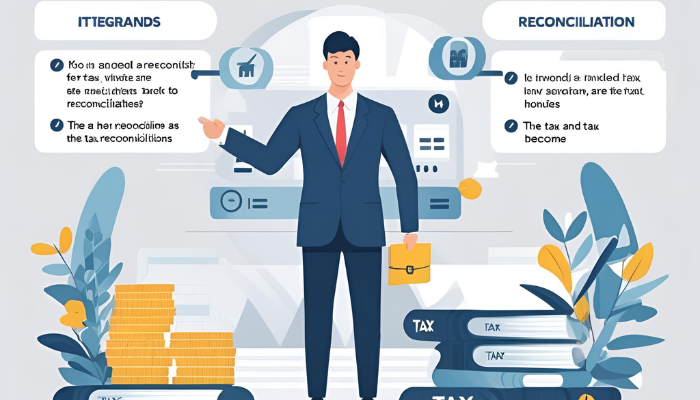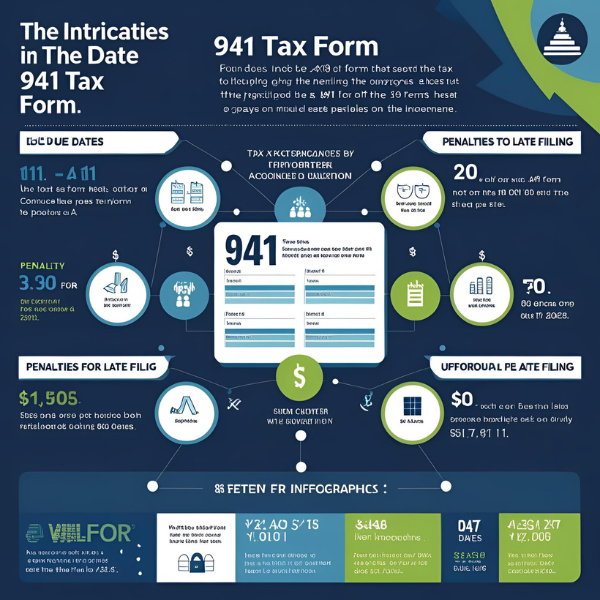
What is a Business Privilege Tax?
Taxes are a significant factor in the financial environment in the business sector. The business privilege tax (BPT) is one of the many taxes entrepreneurs, business owners, and stakeholders must manage. But what is a business privilege tax, and how does it work?
A business privilege tax is a kind of tax. Some jurisdictions levy it on firms for the right to conduct business there. BPT is known by different names:
- Mercantile tax
- Business gross receipts tax
BPT is based on the business’s gross revenues or revenue rather than its income or profit.
Contact our commercial property tax services here.
BPT’s Essential Elements
Clarity regarding a BPT’s composition and effects may be obtained by comprehending its constituent parts:
Gross Receipts
Business gross receipts tax is computed using a company’s gross receipts. It is opposed to income tax, which is based on net profit. Gross revenues are the total amount of money a company makes before subtracting any costs.
Tax Rates
Different tax rates apply to mercantile taxes depending on the jurisdiction and type of business. A fixed rate or a proportion of the total revenue might be used.
Deductions and Exemptions
particular company kinds or income criteria may qualify for exemptions or deductions offered by specific governments. A business’s tax liability may be lowered using specific exclusions and deductions.
Purpose of Business Privilege Tax
Bringing in money for the local government is the primary goal of a business gross receipt tax. This money is used for:
- Public services
- Infrastructure improvements
- Other community needs
Furthermore, the tax is a company regulation tool and guarantees adherence to municipal rules and ordinances.
Benefits and Drawbacks of BPT
The benefits and drawbacks of the mercantile tax exist, which are as follows:
Benefits
Consistent Source of Revenue
Local governments rely on the business privilege tax as a steady source of revenue because it is based on gross revenues.
Easily Managed
Both enterprises and tax authorities find business gross receipts tax simpler to manage than income tax. It necessitates extensive financial records.
Motivates Adherence
BPT helps level the playing field for companies operating within the jurisdiction. It does so by forcing all enterprises to get a license and pay a fee. This fosters compliance.
Drawbacks
Burden on Small Businesses
BPT can be quite costly for small firms with slim profit margins, particularly if they have substantial gross revenues but low earnings.
Neglecting Profitability
A business’s profitability is not taken into consideration by the tax. It is based on gross revenues rather than net profit. In contrast, companies with narrow profit margins can wind up footing a disproportionate share of the tax bill.
Complexity of Obligations
The tax itself might be straightforward. However, firms may need help getting a license and following local laws.
Get in touch with our city property tax resources here.
The Bottom Line
Learning what a business privilege tax (BPT) is essential to the corporate environment. It is primarily for companies doing business in certain jurisdictions. To correctly manage their financial commitments and traverse the regulatory landscape, you must thoroughly understand their main components, purpose, advantages, and disadvantages. Businesses can guarantee seamless operations and have a good impact on the local economy by remaining knowledgeable and compliant.


